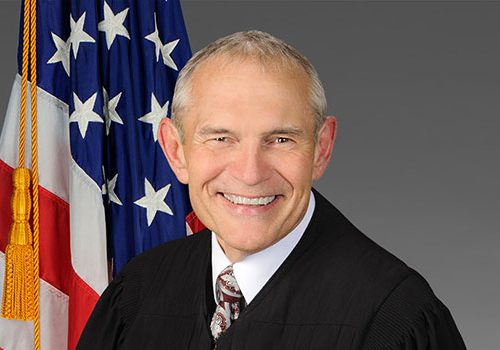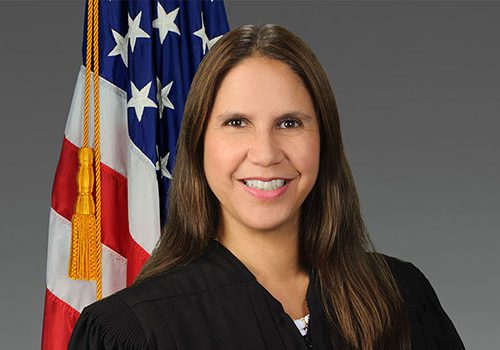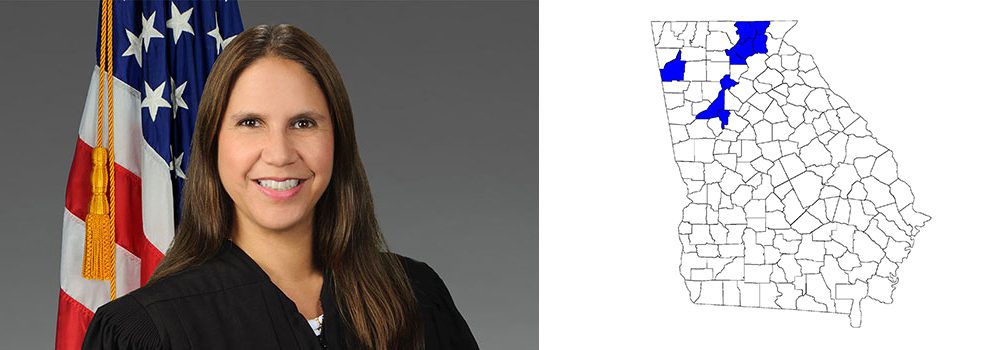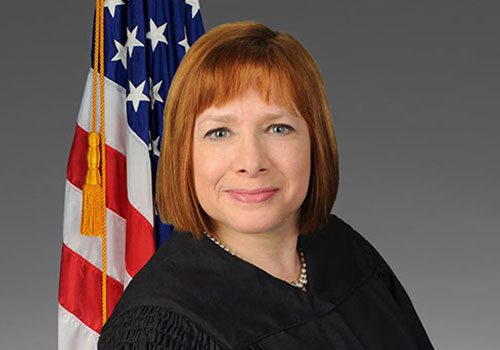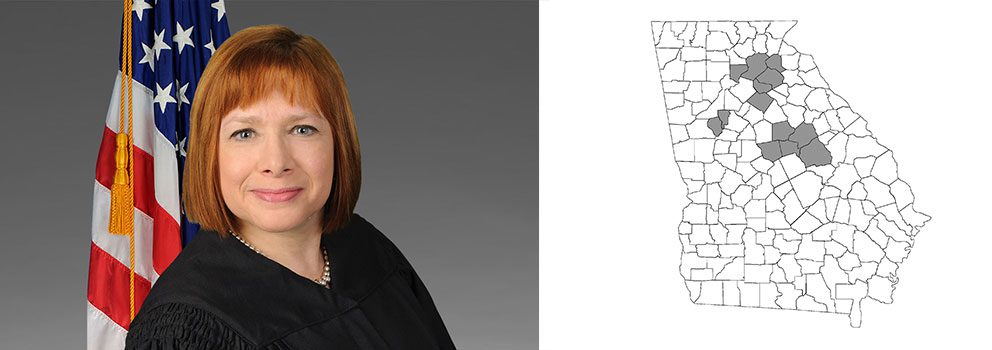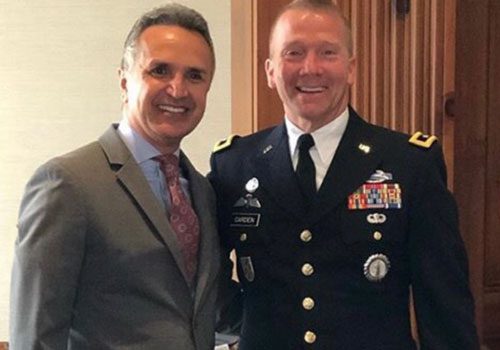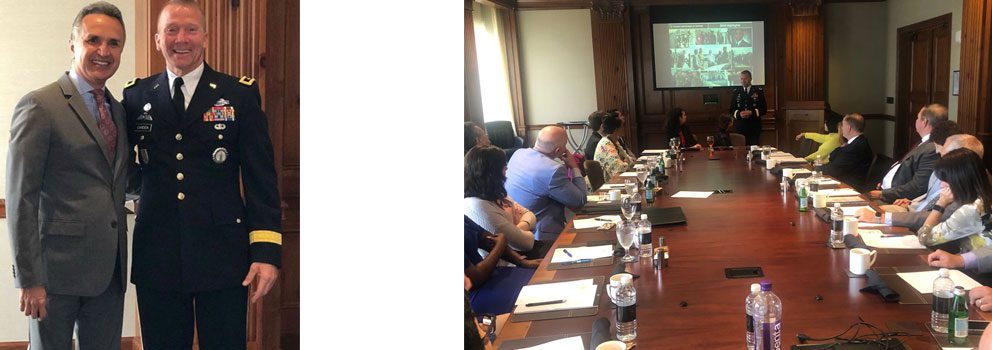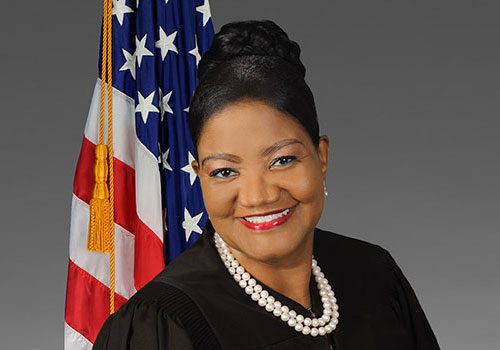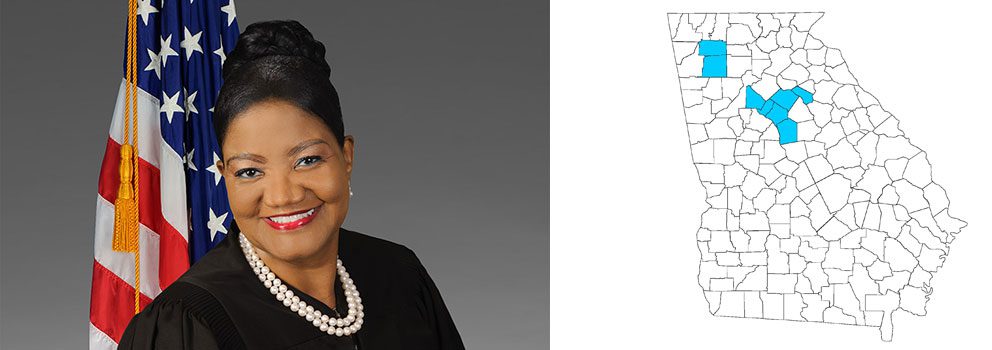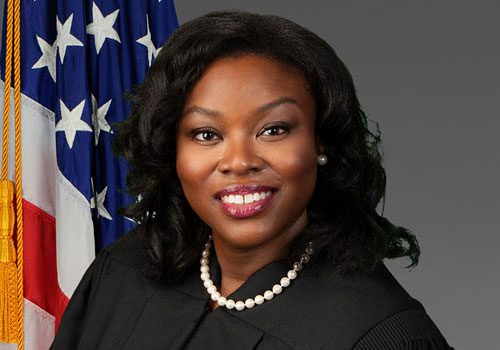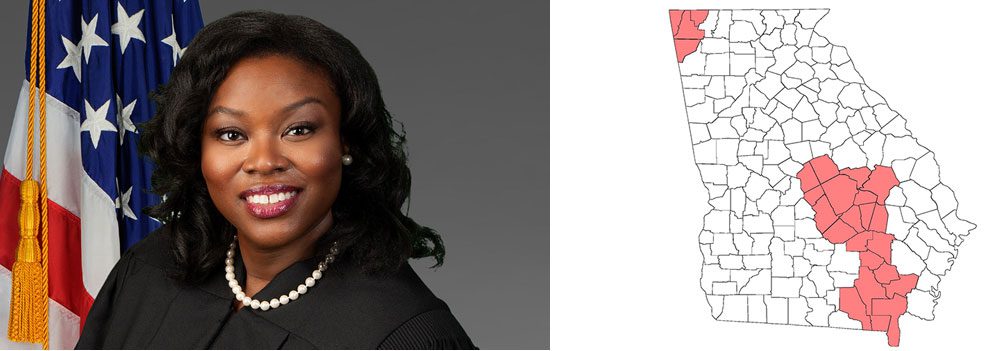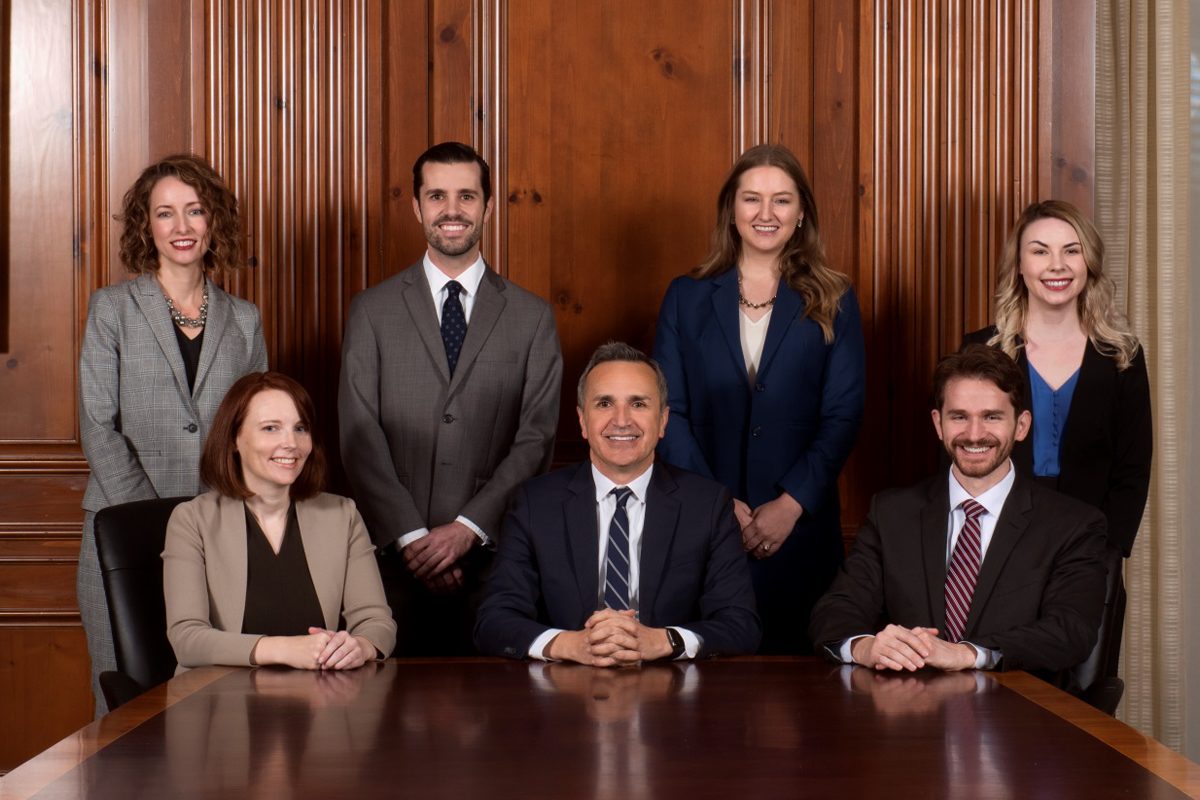03 Jan Meet Our Judges – Steven Teate
The Honorable Steven Teate
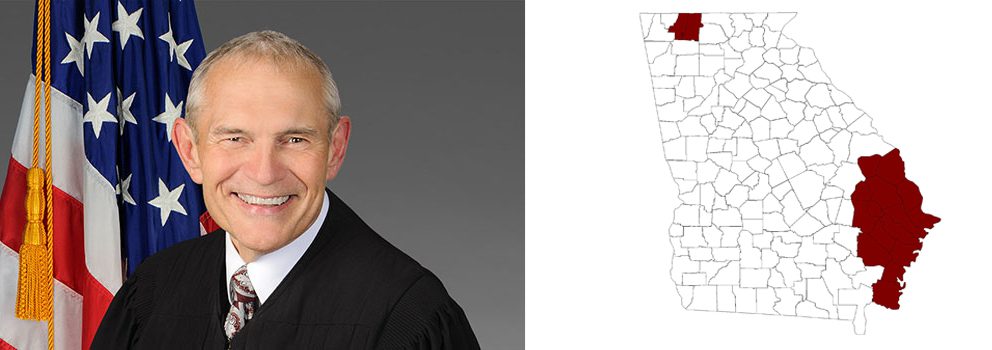
Appointed to the Court:
1995
Counties Covered:
Northern Circuit: Murry and Whitfield
Southern Circuit: Bryan, Bulloch, Camden, Candler, Chatham, Effingham, Evans, Glynn, Jenkins, Liberty, Long, McIntosh, Screven, Tattnall, and Wayne
Education:
Bachelor of Arts: History – University of Georgia
Juris Doctorate – Cumberland School of Law, Samford University (J.D. requirements for Samford completed at Emory University School of Law)
Hometown:
Bowdon, Georgia
One Of OSAH’s Longest-Serving Judges
Judge Steven Teate is one of OSAH’s original and longest-serving judges. Prior to joining Georgia’s Administrative Court, Judge Teate worked in private practice and then with a small law firm. He later worked as a hearing officer for the former Office of State Administrative Appeals (Georgia Department of Human Resources) from October 1, 1993, to April 1, 1995. While there, he primarily conducted administrative hearings for cases referred by Child Support Enforcement.
Judge Teate joined OSAH when it was formed in April 1995. “I’ve always been happy to work here and am happy to continue to work here,” he said. Today, he conducts and decides contested administrative cases referred by various state agencies.
One of Judge Teate’s favorite aspects of being a Judge at OSAH is the broad range of cases over which he presides: “The range of cases has always been an attraction for me because it allows me to cover a lot of areas of the law that I may not have otherwise been exposed to.” Judge Teate added that he loves the diversity of the people he meets as he presides over cases across Georgia. “From populous areas like Savannah to smaller towns like Hinesville, each one has its own distinct characteristics, and I truly enjoy that diversity,” he said.
Advice On How To Prepare For A Hearing
According to Judge Teate, one of the most challenging aspects of his job is uninformed parties. “It’s challenging when the litigants are poorly informed and rely on false assumptions,” he said. As a result, Judge Teate recommends that all litigants, including those representing themselves, actively research and obtain pertinent information relevant to their cases.
For example, Judge Teate recommends that parties access the website of the opposing agency and carefully read any regulations relevant to their cases. If a party is unable to access the internet, Judge Teate encourages them to directly contact the agency and ask for a copy of the regulations upon which the agency based its decision. According to Judge Teate, “The better parties understand the rules and regulations they are disputing, the stronger their arguments.”
Judge Teate’s words of judicial wisdom also extend to lawyers who appear before him. In addition to knowing the relevant rules and regulations, he advises that lawyers focus on the law and advocate for their clients within that perspective. Judge Teate said, “When all participants are informed, the Court is better informed, and it assists the Judge in making the best possible decision.”
A Passion For Sharing Knowledge
Judge Teate is passionate about helping others in the legal community and has participated in several professional associations, including the Administrative Law Section of the State Bar of Georgia, the Georgia Association of Administrative Judiciary (GAAJ), the National Association of Administrative Law Judges (NAALJ), and Stonewall Bar Association. He also served as president of GAAJ in 2003 and as an Executive committee member of GAAJ in 2004.
In addition to devoting his time to the judicial community, Judge Teate is active in the academic community. He has taught master’s-level administrative law courses at Kennesaw State University as well as administrative, tort, debtor-creditor, and research courses in the Paralegal Certificate Program at Emory University.
Judge Teate finds teaching “incredibly rewarding and enjoyable because most of the people there are motivated to be there. They want the knowledge you have, and teaching helps me focus and stay current on those laws.” And Emory has a special place in his heart, as he worked as a computer operator at Emory’s hospital both before and during law school.
Early Career Experiences
Before embarking upon his legal journey, Judge Teate worked as a forklift and computer operator at Southwire in Carrollton, as well as an orderly (now called a nursing assistant) at hospitals in Bowdon and Carrollton. Today, those jobs help guide how Judge Teate approaches deciding his cases. “I always try to be rational and exercise compassion as I make legal decisions,” he said. He particularly credits his time as an orderly and his work experience at the hospitals for developing his sense of compassion: “You develop compassion for others because you are dealing with them on a very fundamental level,” he said.
Finding Balance Off The Bench
Finding balance off the bench is something Judge Teate works hard at – literally. Almost every morning, you can find him at the gym by 5 a.m. According to Judge Teate, “Exercise helps me focus and stay physically and mentally centered. If I’m out of balance, exercise helps me fix it.”
Judge Teate also enjoys traveling to culturally diverse and artistic locations. A few of his favorite international destinations include Tuscany and the south of Spain. Domestically, he loves visiting San Francisco, New York City, San Diego, Seattle, Portland, and Boston, as well as various national and state parks for hiking.
Family Is Everything
This Georgia native never loses sight of home or family. When he’s not traveling for work or to “bucket list” destinations, he enjoys spending time with his partner of 37 years and his cat, as well as further travel to spend time with his two sons, three grandsons, a granddaughter, and a great-grandson who are somewhat scattered over the North American continent. He says the accomplishments he’s most proud of are the relationships he’s fostered with his family and friends through the years.


